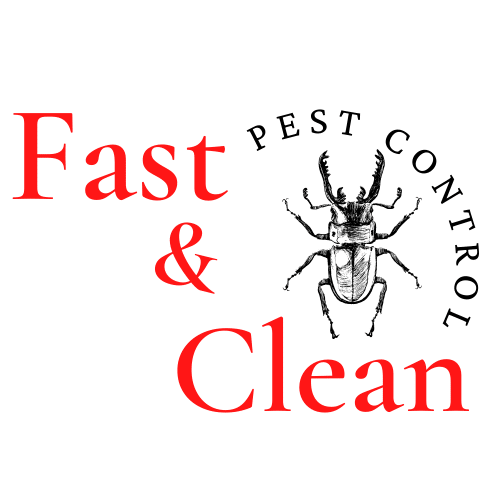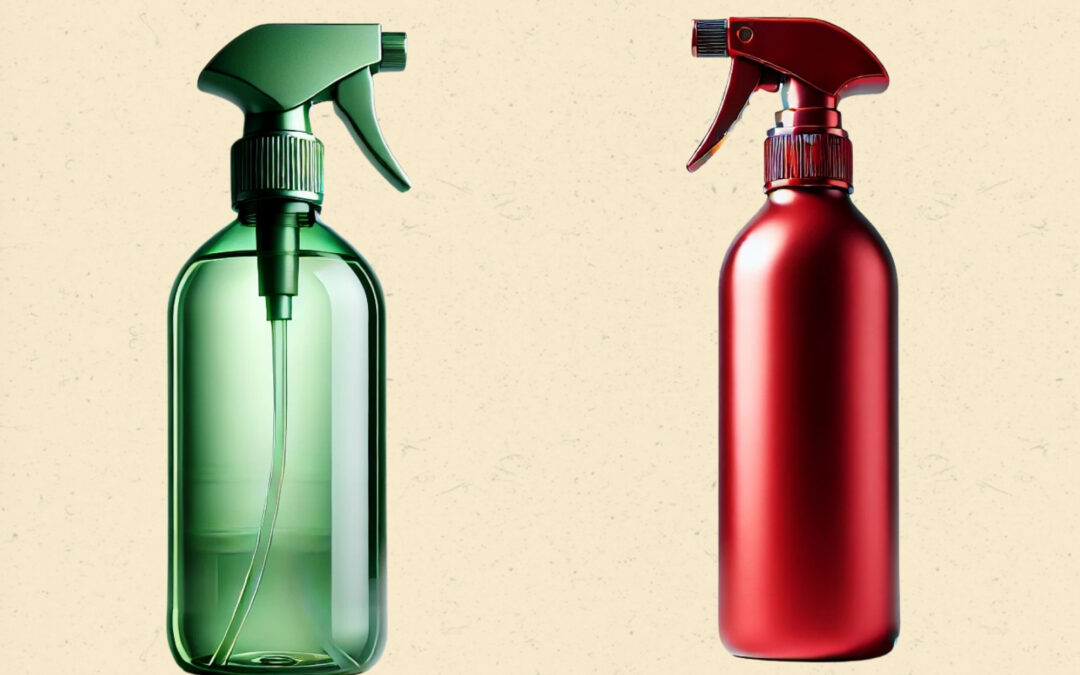Many homeowners prefer eco-friendly pest control, while others want fast-acting chemical solutions. This post compares both approaches to help customers make informed choices.
Pests can quickly turn your home into an uncomfortable space, but when it comes to getting rid of them, homeowners face an important decision: natural pest control or chemical solutions?
Both approaches have their pros and cons, and the best choice depends on factors like effectiveness, safety, and environmental impact. In this article, we’ll break down the differences between natural and chemical pest control to help you decide which one is right for your home.
Natural pest control focuses on non-toxic, eco-friendly solutions that repel or eliminate pests without harming humans, pets, or the environment.
✅ Benefits of Natural Pest Control
✔ Safe for kids & pets – No harmful toxins or fumes.
✔ Environmentally friendly – Doesn’t pollute air, soil, or water.
✔ Prevents pesticide resistance – Pests can’t develop immunity like they do with chemicals.
❌ Drawbacks of Natural Pest Control
✔ Slower results – Natural methods take time to be effective.
✔ Less potent for severe infestations – May not work for large pest problems.
✔ Requires consistency – Must be reapplied more frequently than chemical treatments.
Common Natural Pest Control Methods
🌿 Essential Oils (Peppermint, Tea Tree, Lavender) – Effective for repelling ants, mosquitoes, and roaches.
🌿 Diatomaceous Earth – A natural powder that dehydrates and kills insects like bed bugs, fleas, and cockroaches.
🌿 Boric Acid & Baking Soda – Used to eliminate roaches and ants by dehydrating them.
🌿 Vinegar & Citrus Sprays – Repel ants and keep surfaces pest-free.
🌿 Neem Oil – A natural insecticide for garden pests and bed bugs.
Chemical pest control involves synthetic insecticides, rodenticides, and fumigants designed to eliminate pests quickly and effectively.
✅ Benefits of Chemical Pest Control
✔ Fast-acting – Works quickly to eliminate infestations.
✔ Highly effective – Can handle large or severe pest problems.
✔ Long-lasting results – Many treatments provide extended protection.
❌ Drawbacks of Chemical Pest Control
✔ Toxicity concerns – Harmful to humans, pets, and beneficial insects if not used properly.
✔ Environmental impact – Can contaminate soil, water, and air.
✔ Pesticide resistance – Overuse of chemicals can lead to pests developing immunity.
Common Chemical Pest Control Methods
⚠️ Gel Baits & Sprays – Used for roaches, ants, and termites.
⚠️ Rodent Poisons (Rodenticides) – Highly effective but dangerous if ingested by pets or children.
⚠️ Fumigation – Used for severe infestations (bed bugs, termites, cockroaches).
⚠️ Insect Growth Regulators (IGRs) – Disrupt the life cycle of pests like fleas and mosquitoes.

